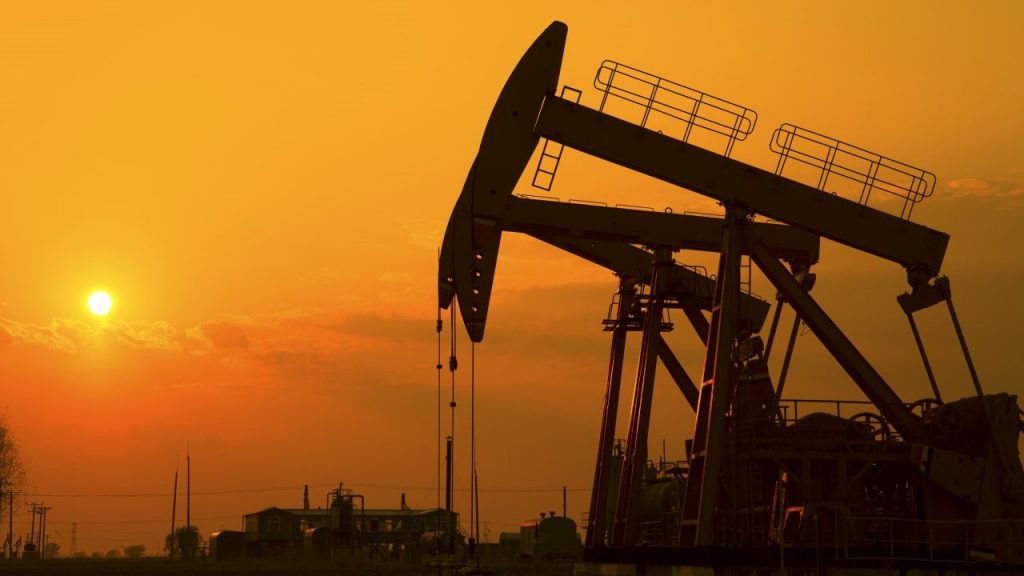The European Union has unveiled its 12th package of sanctions against Russia, with tankers very much included in the set of restrictions.
The new sanctions call for notification rules for the sale of tankers to any third country in order to make more transparent their sale and export, in particular in the case of secondhand carriers that could be used to evade the import ban on Russian crude or petroleum products and the G7 price cap.
The European Council is introducing tighter compliance rules to support the implementation of the oil price cap and clamp down on circumvention. Furthermore, a strengthened information sharing mechanism will allow better identification of vessels and entities carrying out deceptive practices, such as ship-to-ship transfers used to conceal the origin or destination of cargo and AIS manipulations, while transporting Russian crude oil and petroleum products.
Tags: Crude Oil, EU Rules, Russia



Recent Posts
Hyundai Glovis to Retrofit Seven PCTCs with Avikus AI Navigation System
Super Terminais orders three more Konecranes Gottwald ESP.10 Mobile Harbor cranes
Covestro and HGK Shipping Extend Partnership to 2040 with Focus on Wind-Assisted Vessel Retrofit
Artemis Technologies Successfully Demonstrates 100 Percent Electric Crew Transfer Vessel at Aberdeen Offshore Wind Farm
IACS Council Advances Decarbonisation, Digitalisation and Governance Priorities at C91 Meeting in Beijing
Japan Launches Major R&D Project to Advance Shipbuilding with Alternative Fuels
EU Adopts Emissions Standards for Low Carbon Hydrogen to Bolster Clean Energy Market
Trafigura to Implement ZeroNorth’s AI Platform Across Global Fleet